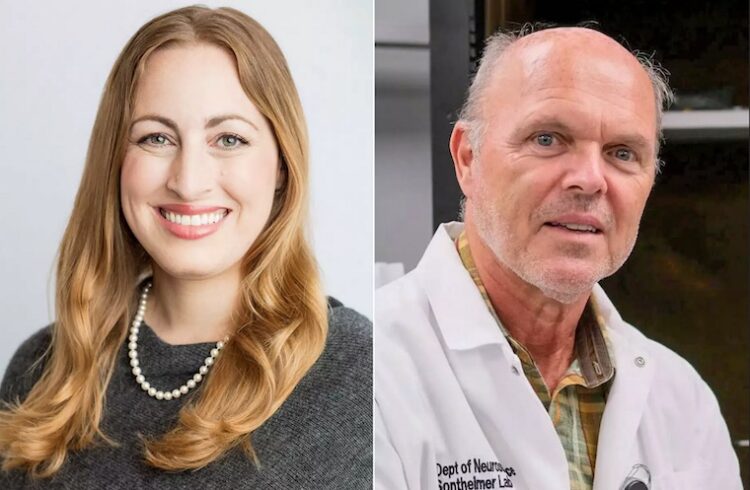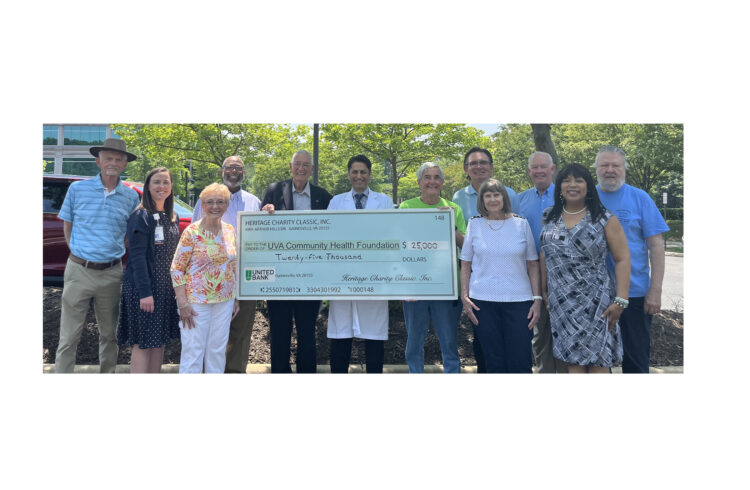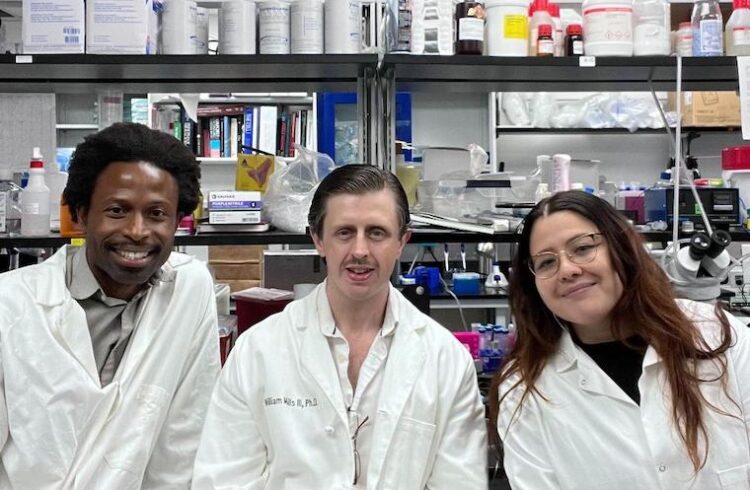
One of the greatest risks for critically ill children on a ventilator is the development of ventilator-associated pneumonia (VAP). The infection, caused by an accumulation of infected fluid that gets trapped between the intubation tube and the wall of the trachea, can travel deep into a child’s lungs with devastating outcomes.
According to a study published in the April 2009 issue of Pediatrics , children who develop VAP remain on a ventilator twice as long; remain in the ICU longer (13 vs. 6 median ICU days), have increased care-associated costs ($308,534 vs. $252,652), and increased absolute hospital mortality (10.5 percent vs. 2.4 percent).
Brian P. Helmke, PhD, associate professor of biomedical engineering at UVA, hopes to reduce the incidence of VAP in children by using fluid propulsion technology to engineer the surface of the tube so that it mimics the natural surface of the trachea. Helmke is the recipient of a Hartwell Individual Biomedical Research Award for his project “Ciliated Pediatric Endotracheal Tube for Active Prevention of Ventilator-Associated Pneumonia.”
“The Hartwell Foundation seeks to fund early-stage transformative ideas like that proposed by Dr. Helmke. With a cutting-edge concept that addresses an important and unmet clinical need, his potential for success comes with high risk, but with a potential for substantial impact in pediatric health care,” said Fred Dombrose, PhD, Foundation President.
“If we can keep fluid from pooling around the endotracheal tube by creating a fluid propulsion system, the incidence of ventilator-associated pneumonia will decrease,” Helmke explains. “Typically the fluid is drained by suction, but this procedure is manually intensive and risks damaging the airway and its natural cilia by drying out the protective mucus.”
Cilia are tail-like projections which extend from cells. In the trachea, or windpipe, the cilia line the surface of the trachea and sweep dirt and mucus from the airways. Cilia move in coordinated waves, propelling whatever they touch along the airway surface.
Helmke will use his Hartwell grant to develop artificial cilia on the outside of the endotracheal tube to act in place of the natural cilia. He plans to design micro-fabricated polymer structures, shaped as pillars or “fingers,” with different configurations and materials to mimic the natural cilia’s ability to move in coordinated waves.
Helmke qualified to apply for the grant because The Hartwell Foundation has again selected UVA as a Hartwell Top Ten Center of Biomedical Research, offering the University the opportunity to nominate four candidates for consideration as Hartwell Investigators. Helmke will receive $100,000 a year for three years. He is 1 of 12 Hartwell recipients nationally this year. The designation includes a $100,000 fellowship that was awarded to Chelsea Marie, PhD, in UVA’s Division of Infectious Disease and International Health.
“UVA is especially proud to be a part of The Hartwell Foundation’s vision,” says Thomas Skalak, PhD, UVA’s vice president for research. “We share the foundation’s belief that risk-taking and innovation by creative individuals at the frontiers of established fields is essential to break new ground and achieve great leaps forward. This type of research is essential to help children in need.”
Based in Memphis, Tenn., the primary mission of The Hartwell Foundation is to grant awards to individuals for innovative and cutting-edge biomedical applied research that could potentially benefit children. The general aim is to provide funds for early-stage research projects that have not yet qualified for funding from traditional sources. In making Individual Biomedical Research Awards, The Hartwell Foundation takes into account the nature of the proposed innovation, the extent to which translational approaches will promote rapid clinical application of the research results, the supportive role of collaboration, and the institutional commitment to provide encouragement and technical support.
“We are extremely grateful for The Hartwell Foundation’s continued recognition of our biomedical engineering program and their generous support of our research approaches in children’s health,” says Steven DeKosky, MD, vice president and dean of the University of Virginia School of Medicine. “Ventilator-associated pneumonia is a case where we may do more harm while trying to heal. Dr. Helmke’s work could lead to the breakthrough needed to avoid this medical complication and save thousands of lives each year.”


